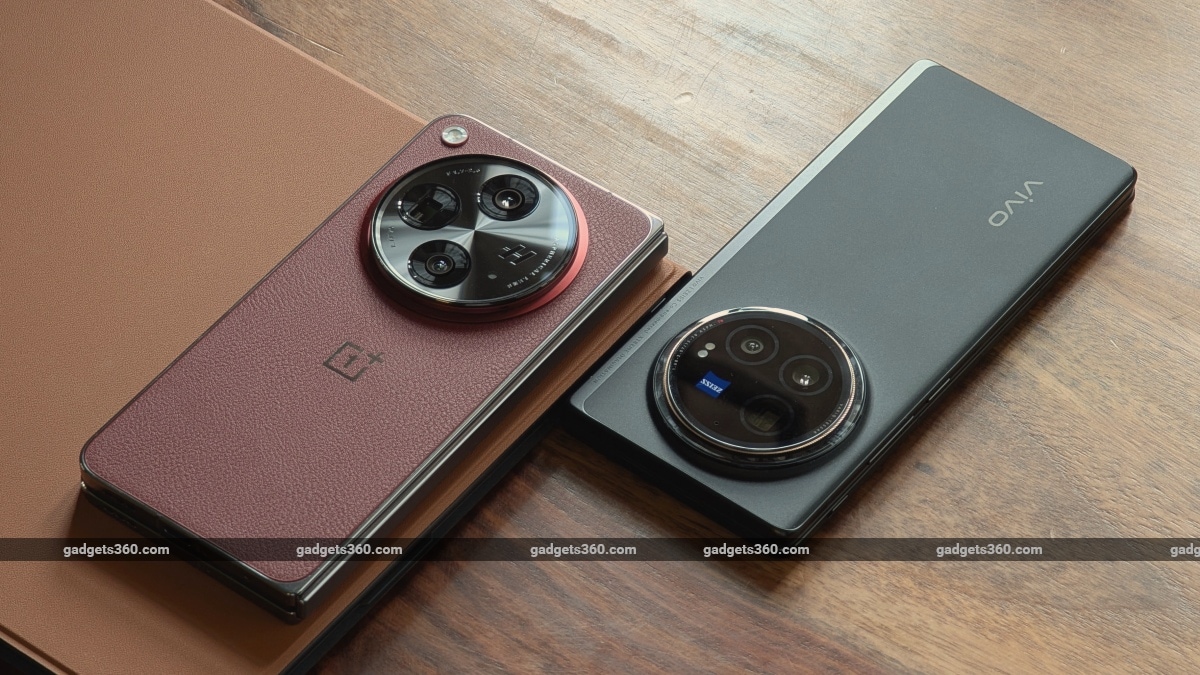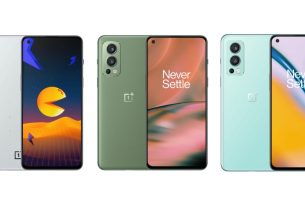
Despite arriving rather late to the foldable party last year, OnePlus managed to make some waves when it announced its first foldable ever at a global launch event held in India. It was relatively slim and light when folded, but it also packed an excellent camera system (which was unheard of on foldable devices). Given that Samsung was still attempting to make its Galaxy Z Fold 5 thinner (it still appeared chunky), the Open was a very easy win for OnePlus. Add to this its lower launch price tag of Rs. 1,39,999 with a smooth and near flawless OxygenOS, and we ended up with an
Daylight camera samples (tap image to expand)
Despite both cameras punching well above the norm, I have to conclude that Vivo manages to do a better job with photos than OnePlus. Its photos from the primary and telephoto cameras (both OIS stabilised) come out sharper, have good detail, and have impressive colour reproduction. The OnePlus Open loses out to the Vivo X Fold 3 Pro when it comes to dynamic range and colour reproduction. I have noticed many times that the telephoto camera is a bit unreliable in the sense that photos have a warmer white balance, which results in yellowish tones. Vivo’s telephoto camera also handled moving subjects better, resulting in sharper photos when capturing kids or pets. In low light, Vivo once again manages better dynamic range, showing more detail in the darker areas of an image.
Low light camera samples (tap images to expand)
Vivo’s ultrawide camera did have some white balance consistency issues during our review, but these seem to be resolved with software updates. In terms of quality, both ultrawide cameras offer similar performance.
Selfie camera samples (tap images to expand)
The OnePlus Open’s video recording capabilities are better than those of the X Fold 3 Pro. The phone manages better dynamic range (revealing more details in the shadows), offers better noise, and has a steadier frame rate.
Battery life is no longer a touchy topic
Battery life is another area where people don’t expect any compromises, and here’s where Vivo delivers better than OnePlus. While the OnePlus Open will get you a whole day of heavy usage, Vivo one-ups this by easily managing a day and a half of heavy usage, which is nearly as good as a regular premium smartphone. The X Fold 3 Pro is also a lot faster at charging its larger 5,700mAh battery, going from 0-100 percent in just 43 minutes. The Open is a bit slower to charge its smaller 4,805mAh battery, managing a full charge in 53 minutes. Vivo also offers 50W wireless charging, which the OnePlus does not, and I’m sure this may be a deal breaker for some.
![]()
The Vivo X Fold 3 Pro (right) is thinner than the competition but still offers 50W wireless charging
What makes each one so special
Samsung’s Galaxy Z Fold 6, despite banking heavily on AI this year, will still be the go-to foldable for many because they have been around since the very first model was launched in India. But for those willing to try something new, Vivo’s X Fold 3 Pro offers better value despite its higher price tag of Rs. 1,59,999. It’s foldable to pick if you are looking for a device that can compete with regular, bar-shaped Android flagships, especially when it comes to still imaging and battery life. It also offers the biggest and widest display possible on a foldable today. So, it’s also good if you plan to get some light work done (with a Bluetooth keyboard) while on the move.
Given its more accessible price tag, which starts from Rs. 1,39,999, the OnePlus Open will remain the foldable of choice for those who want to try out the folding form factor for the very first time. More accessible pricing aside, OnePlus also offers an extended warranty called OnePlus Care (which Vivo does not), and this should give any buyer who is clumsy or worried about breaking their foldable’s display more confidence when investing in a foldable.



